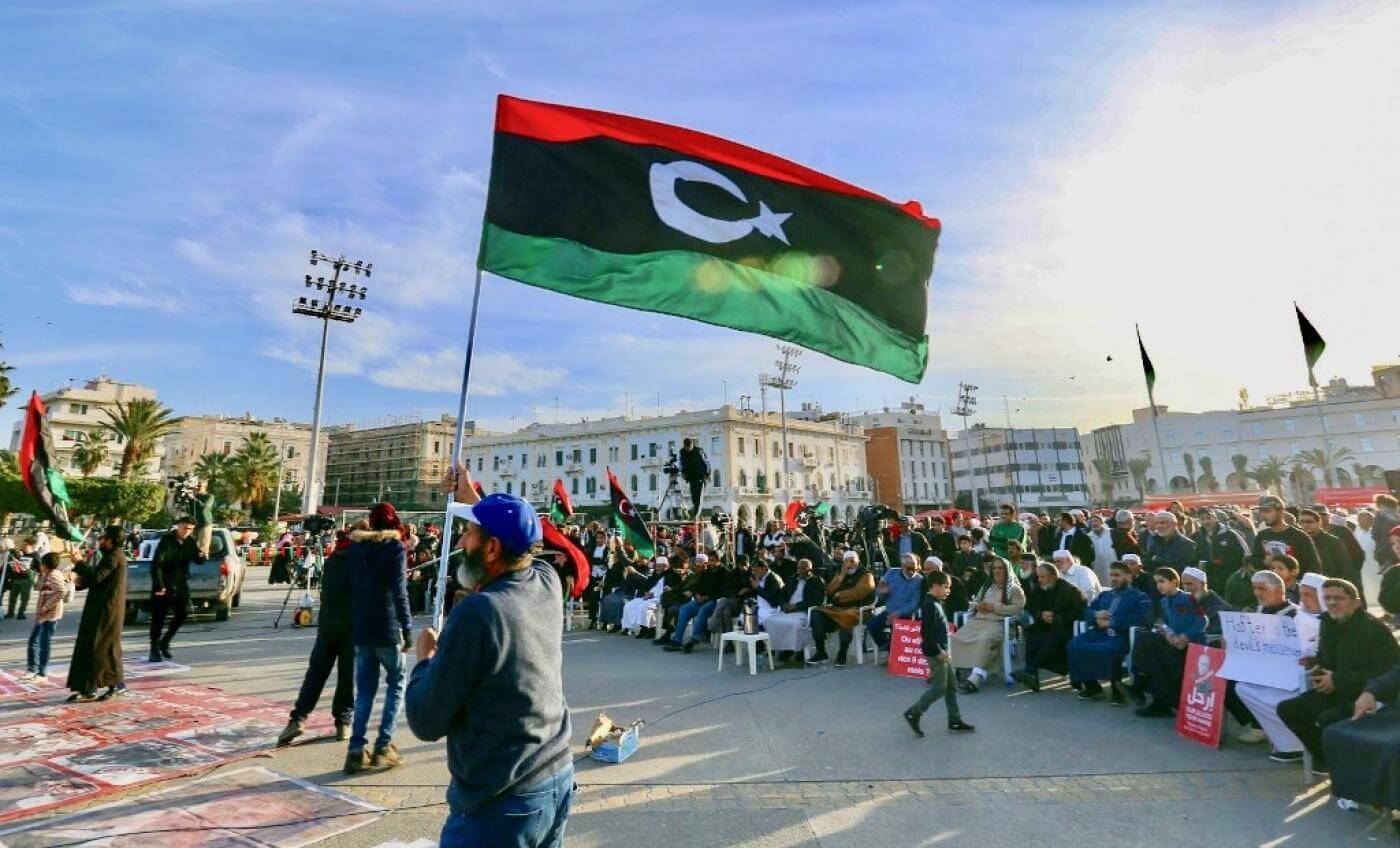In October, the warring parties in Libya signed a monumental ceasefire agreement, sparking hope that the years-long conflict may come to an end. The agreement called for the departure of all foreign fighters and mercenaries from Libya, the deadline for which is on Saturday. In November, the parties met again in Libya and decided on practical steps towards implementing the ceasefire agreement.
Any violation of the agreement would call for joint military intervention against the defaulters. The deal also set up a Joint Police Operation room, which was awarded the responsibility for securing regions from where the armed groups have withdrawn. Moreover, air and land routes will also be re-opened as a result of this agreement.
However, the agreement is unlikely to be successfully implemented, specifically because it does not apply to the terrorist groups that continue to ravage the region, such as the Islamic State (IS) and Al-Qaeda. Moreover, such ceasefire agreements have been signed on multiple occasions in the past, with no success in bringing an end to the conflict.
Libya has been in the throes of a violent conflict since 2011, following the ousting of former leader Muammar Gaddafi. Conflict in Libya has two warring sides—the internationally recognised and UN-backed Government of National Accord (GNA) and Gen. Khalifa Haftar’s eastern-based Libyan National Army (LNA). According to the United Nations (UN), there are about 20,000 foreign fighters still in the war-torn nation.
In preparation for the implementation of the ceasefire agreement, the governments of France, Germany, Italy, the United Kingdom, and the United States issued a joint statement. They welcomed “the Libyan Political Dialogue Forum’s vote in favour of the selection mechanism for a new interim executive authority, which will guide Libya towards national elections on December 24, 2021.” All the abovementioned countries are a part of the North Atlantic Treaty Organisation (NATO), which led the uprising to topple the country’s dictator Muammar Gaddafi in 2011. Since then, these Western powers have continued to be involved in the region and have supported the GNA to fight against the LNA, which has been backed by Egypt, the United Arab Emirates, and Russia.
This came shortly after the United Nations Secretary-General Antonio Guterres’s statement calling upon the foreign fighters and mercenaries to abide by the October deal and depart from the region. He further urged the GNA “to maintain their resolve in reaching a lasting political solution to the conflict, resolving economic issues, and alleviating the humanitarian situation.” Moreover, Guterres requested the involved parties to show their “full and unconditional respect” to the arms embargo put in place by the Security Council. Earlier this month, Guterres had also urged the European Union (EU)’s Foreign Policy chief Joseph Borrell to “appoint observers” to overlook the implementation of the ceasefire agreement. In response, Peter Stano, Borrell’s spokesperson, said that the EU continues to remain committed to partnering with the United Nations and establish a “mechanism to monitor the ceasefire.”
Guterres’s sentiment was echoed by the Arab League Secretary-General Ahmed Aboul Gheit, who said that the successful implementation of the deal “could bring us close to ending the division in this important Arab country.” Accordingly, he pledged the Arab League’s unconditional support to the United Nations in ensuring the successful implementation of the agreement.
Libyan Ceasefire Agreement Set to be Implemented on Saturday
The Libyan ceasefire agreement, which was signed in October and called for the departure of foreign fighters from the region, is scheduled to be operational from Saturday.
January 22, 2021

SOURCE: AFP
